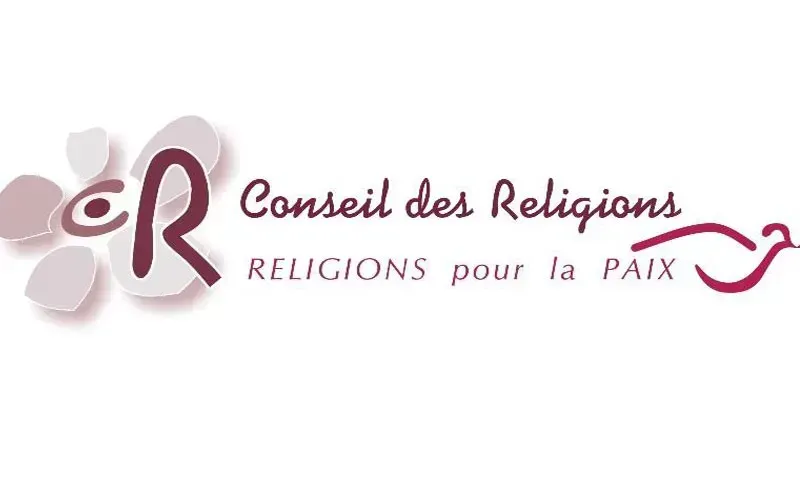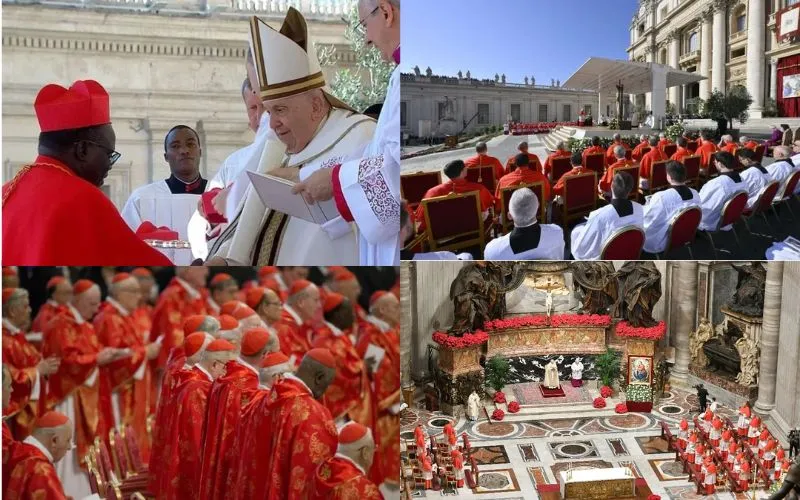Port Louis, 15 January, 2022 / 4:00 pm (ACI Africa).
Faith-based leaders in the Indian Ocean Island nation of Mauritius have highlighted the value of religion to society amid challenges of life
In their message ahead of World Day of Religion marked January 16, members of the Council of Religions (CoR) in Mauritius say, “Religion plays a key role in society, especially in difficult times and brings comfort and hope to the lonely and suffering.”
“The last 28 months of the COVID-19 pandemic have shown the fragility of society, even in the most industrialized and affluent regions where savings, travel, sport and most forms of social interaction have come to a halt, and where the health care infrastructure is under unprecedented pressure outside of a war context,” CoR members say in their statement issued Friday, January 14.
“Now, more than ever, humanity and our country need religion to bring communities together in mutual love and cooperation to get through this crisis and create a safer and more just world,” they further say.
The faith-based leaders highlight basic principles that cut across religions.








